During his tenure as ESPN ombudsman, Robert Lipsyte has done a phenomenal job of pushing into some of the most controversial areas of the network (something sadly neglected by some previous ombudsmen: still waiting on that Craig James post, Poynter!). He’s looked at thorny issues such as Chris Broussard and Jason Collins, inconsistent discipline and Bill Simmons’ suspension over his comments on Roger Goodell. Lipsyte’s gone even further than usual in his latest piece, though, exploring conflicts-of-interest and ESPN’s journalism in general, highly-deserving topics, but ones that will certainly get some pushback from Bristol. Lipsyte’s thoughts on the matter, and the quotes he was able to gather, are well worth the read. However, it’s interesting that he spotlights the Bill Simmons-Roger Goodell situation so heavily (which led to Simmons himself referencing Lipsyte’s column in a Twitter rant Thursday) when there are so many other, and perhaps even more troubling, examples to use.
One of the most notable elements of Lipsyte’s latest column is how he starts by relating how ESPN executives tried to discourage him from covering the topic:
In the early days of my ombudsmanship, a senior ESPN executive suggested I stay away from “conflict of interest” as a topic in my upcoming columns; it was an irrelevant issue, he said, nothing more than a way for lazy critics to attack ESPN.
Just the other day, a different senior ESPN executive told me that the “conflict-of-interest” topic was just too complex to explicate. He said, “There are no black-and-white areas at ESPN. Everything is gray.”
These were two smart and important executives, a generation apart in age and service, reflecting what I found to be the prevailing mindset of a company that has been enormously successful at making it up as it goes along — shuffling personnel, sports, shows with a gambler’s pragmatism as it tries to balance the demands of the leagues that are its principal business partners with the journalistic obligations to cover them honestly.
That’s fascinating on several levels. First off, a high-level ESPN executive believing that “conflict of interest” is an irrelevant topic is incredibly problematic. There isn’t even a debate on if ESPN has conflicts of interest; they obviously do, given their relationships with various leagues. The discussion is about if they manage those conflicts appropriately, not if they exist. Having a high-level Bristol executive state that those conflicts are non-existent and only created by “lazy critics” shows the incredible disconnect (and lack of awareness of journalistic standards) that exists in some parts of ESPN’s operations.
Having that same executive suggest the ombudsman stay away from conflicts of interest is even more troubling. Trying to lean on an ombudsman in any way defeats the purpose of that role, and Lipsyte deserves credit for going with this despite the pushback. This also suggests that the first high-level ESPN executive isn’t very smart; trying to persuade a respected journalist who’s serving as an ombudsman to stay away from a topic provides only more encouragement to cover it.
The second executive’s comments are more defensible, and they illustrate a shades-of-gray philosophy that’s very prevalent within ESPN. That’s a big part of the network’s inconsistent discipline, and why ESPN VPs can honestly make comments like “We don’t treat everyone the same but we treat everyone fairly.”
There’s nothing wrong with shades of gray in principle (unless there are 50 of them), and in fact, they can often be a useful approach for covering sports. What’s interesting is that ESPN doesn’t embrace this in their on-air coverage, though; in fact, shows like First Take, The Herd and Around The Horn often demonstrate the exact opposite, going for the hottest, strongest, and least-nuanced takes imaginable.
The conflicts of interest topic is complicated and gray, though, but that doesn’t mean it shouldn’t be tackled. In fact, that provides more impetus to discuss it, and to do so in proper, nuanced style. Chris Fowler ranting on GameDay about an ESPN bias being inconceivable (but an SEC Network one being understandable?) is a case of discussing the topic in black and white, as are the people who insist that ESPN is in complete control of the college football seeding committee and is manipulating it to benefit the SEC. The real discussion should, and does, take place in shades of gray, and Lipsyte does well to discuss it in such fashion. In fact, his piece is headlined “Probing the gray areas of ESPN’s journalism,” and that’s perfect.
Lipsyte’s discussion of GameDay in particular is also solid, and it’s an excellent example of the conflicts of interest discussion. College football is perhaps the most critical area to examine ESPN’s conflicts of interest, as its top teams are decided by a vote. Regardless of how much airtime ESPN devotes to, say, the Dallas Cowboys, it’s not going to determine if they compete in the Super Bowl, but the same can’t be said about college football teams (which is why clock-timing GameDay segments on each conference is highly relevant and worthwhile). Here’s what Lipsyte wrote about the Florida State episode of GameDay:
The game between Florida State and Notre Dame was on network television, ESPN on ABC. Did that weaken any journalistic resolve to dig a little deeper on a three-hour program built around that game? Was “GameDay’s” function to be celebratory no matter what? Did it reflect the flabby reporting job — for whatever reason — that ESPN has done of late on the Winston story, which involves the way the university and Tallahassee have protected star athletes and the implications for all major football schools and their local police?
I think the answer to all those questions has to do with what I sense is ESPN’s ambivalence toward its role as the putative leader of sports journalism in that gray area.
“Ambivalence” is the perfect word here, and it illustrates ESPN’s double approach. The network takes great pride in its journalism when it comes to things like Outside The Lines and E:60, but when on-air personalities like Bayless and Cowherd do things that are reprehensible by journalistic standards, Bristol executives insist that they’re entertainers and not journalists. Similarly, the Worldwide Leader emphatically denies that its business interests ever get in the way, whether that’s about college football realignment, their lack of NHL coverage, or backing out of their concussion partnership with PBS, insisting that there’s a rigid separation of church and state, but there are still effects, including the “self-censorship” Lipsyte discusses. Does that mean ESPN’s thoroughly corrupt, that their work has no journalistic value, or that every story is motivated by their business interests? Of course not. It does mean that their conflicts of interest, and their overall approach to journalism, deserves thorough examination on a case-by-case basis.
What’s particularly curious about Lipsyte’s column is that he concludes it by spotlighting Simmons’ Goodell comments as an example of the network’s ambivalence on journalism, though. On one front, he’s right; the letters he quotes from Simmons supporters show there are plenty of people who don’t expect Simmons to do rigid journalism, and Simmons hasn’t always been expected to do that in the past. On the other hand, though, there are so many more notable examples of ESPN personalities stepping over journalistic lines without any punishment from the network. Simmons’ claim that Goodell is a liar is at least somewhat defensible as commentary, and it’s not that different from many columns in respectable papers. It’s not a proven fact, and Simmons went too strong in his presentation of it, but ESPN’s own reporting at least made it a reasonable and supportable opinion. Compared to Cowherd’s frequent unsupported socioeconomic rants and Bayless’ demonstrably-false comments on Kobe Bryant’s rape trial helping him land endorsements, Simmons’ behaviour looks tame.
Overall though, Lipsyte did the public a service by digging into ESPN’s conflicts of interest and how they affect its journalism. It’s a good thing for readers that the ombudsman didn’t listen to Bristol’s executives here and avoid this topic. Conflicts of interest are anything but irrelevant when it comes to ESPN, and they’re a vital element to consider when looking at the network’s behaviour on a multitude of fronts.

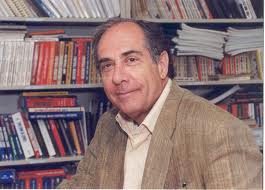
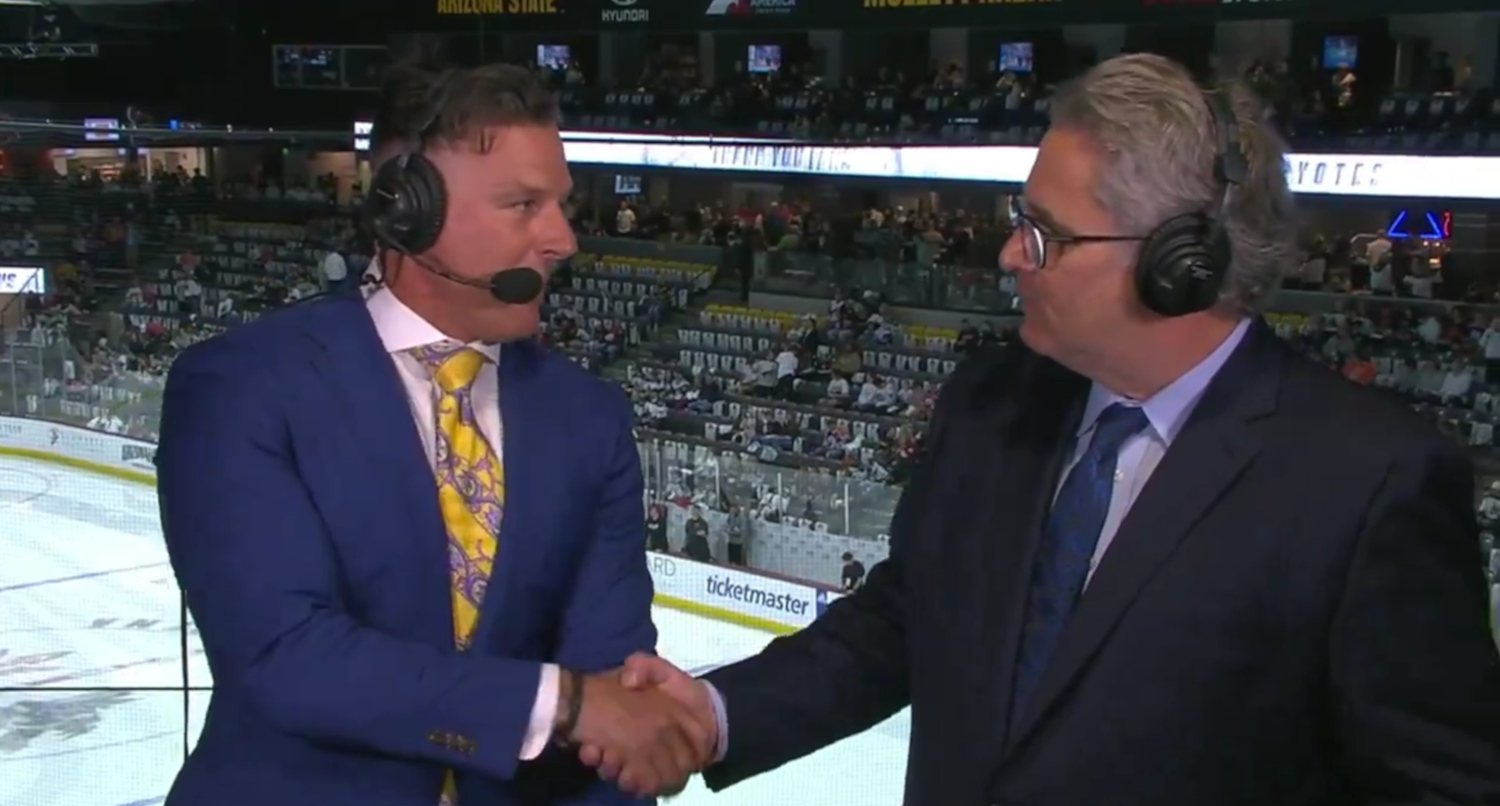

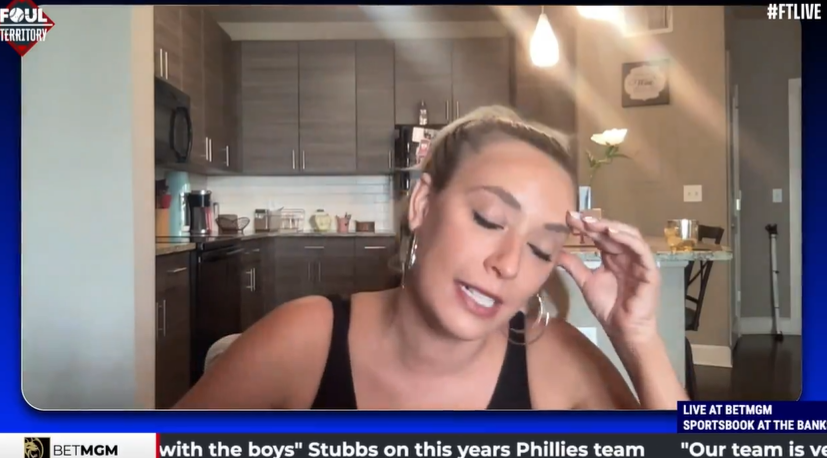
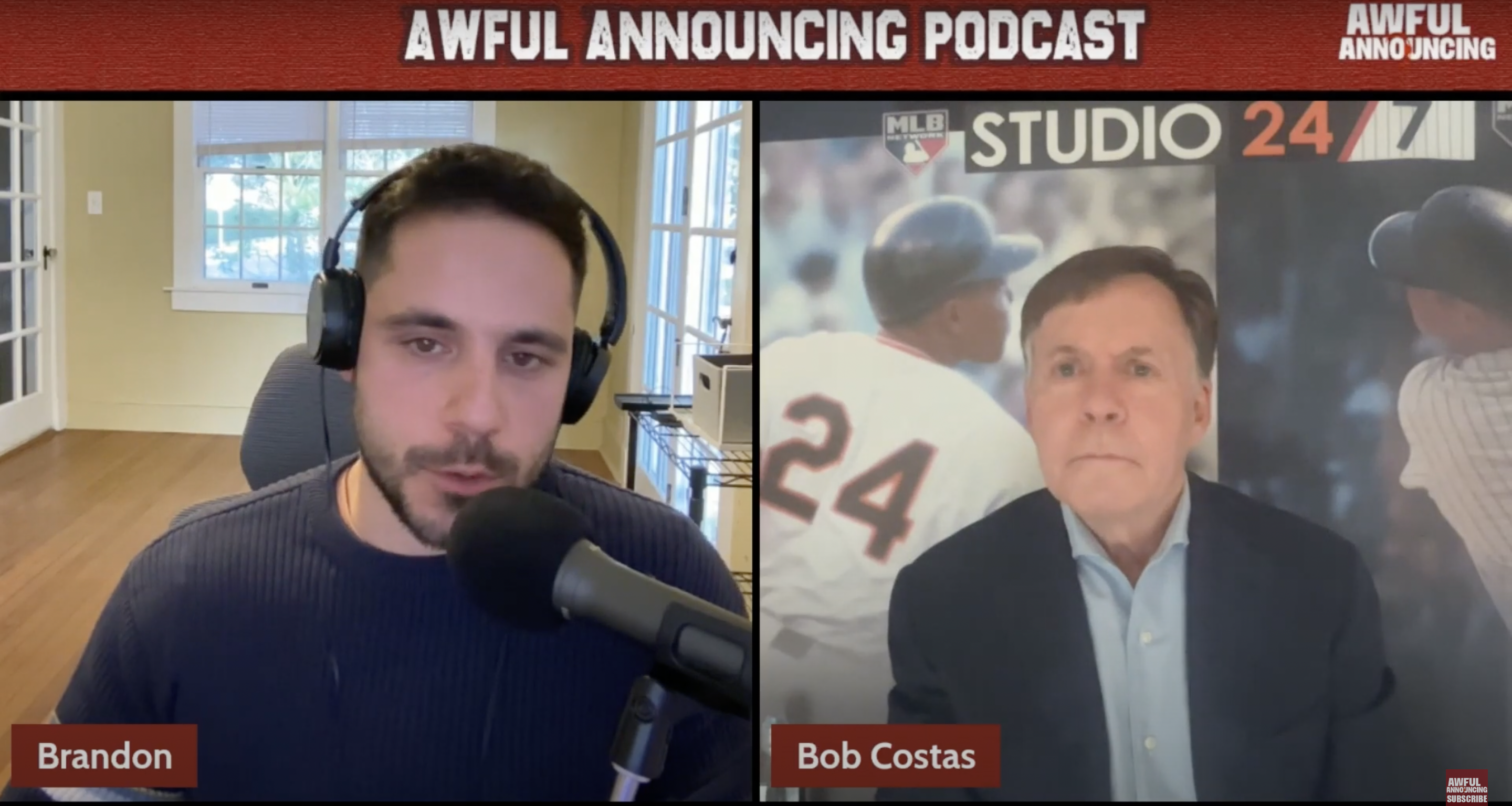
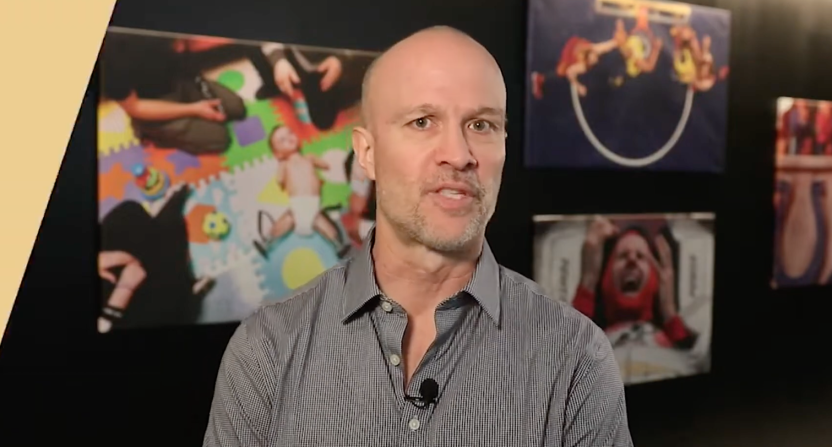
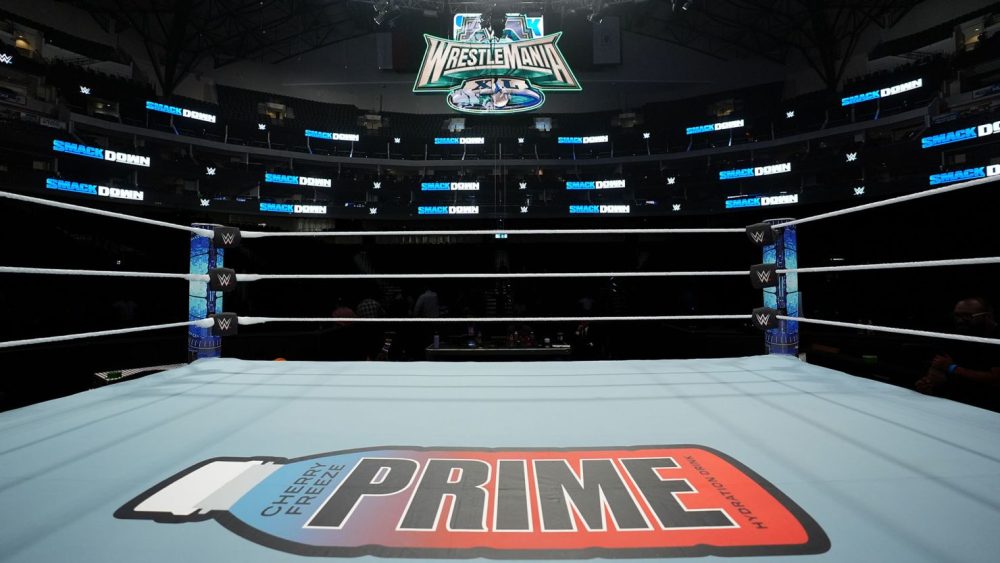
Comments are closed.